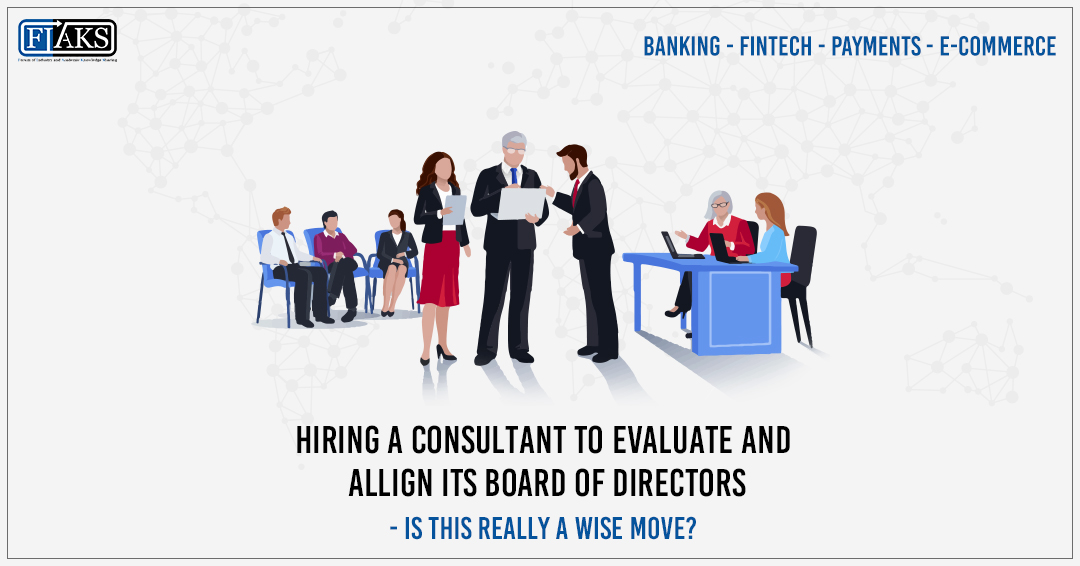Several Founders, Co-Founders, CXO Bankers, CXO Fintech professional & people who participated in the ePanel discussions:
- Mr. P N Vasudevan, Managing Director, and CEO, Equitas Small Finance Bank
- Dr. R Bhaskaran, Former Chief Executive Officer, Indian Institute of Banking Finance
- Mr. Sameer Nemavarkar, Former CEO, Atos Worldline India
- Mr. Manish Jeloka, Former Executive Director, Wealth Market Products & Sales Standard Chartered Bank
- Mr. Sugata Dutta, Former Chief General Manager, Bank of India
- Mr. P B Prakash, Head Financial Institutions Group, IndusInd Bank
- Mr. Ram Rastogi, Consultant, Digital Payments & Financial Inclusion
- Ms. Tanu Bhargava, Head Strategic Client Group, Axis bank
- Mr. Vikas R Panditrao, Co-Founder, Forum of Industry Academic Knowledge Sharing (FIAKS)
- Many other CEO/CXO Bankers & Fintech professionals on FIAKS Forum requested to remain anonymous
In a recent announcement, Bank of Baroda, now India’s second-largest bank, after its merger with Dena Bank and Vijaya Bank, has decided to hire a consultancy to review its board evaluation. The RFP said “Bank of Baroda has decided to engage a consultancy firm to conduct an independent review of the overall evaluation and effectiveness of the bank’s board. The review would provide an opportunity to align and prioritize the board’s focus on critical issues,” the RFP said.
Bank of Baroda said that the aim of the board evaluation is increased efficiency, alignment, and transparency. We believe that the major reason for this board evaluation is the merger. It seems Bank of Baroda is expecting the consultancy to come in and align the board’s objectives as one unit and unite the board.
Bank of Baroda has enlisted the following task for the consultancy:
- Conduct detailed interviews with each board member
- Process and report findings
- Conduct board alignment workshop and subsequently define ‘Board Vision’
- Create a Plan of Action for the board and its respective directors
- The chosen firm will have 6-8 weeks to complete its project.
- Submission date for RFP is May 2nd.
- All evaluations and disclosures will be done as per Securities Exchange Board Of India’s guidelines for board evaluations.
A debate has sparked up among various influencers in the banking and FinTech industry on the viability of this move.
A member felt this was simply a waste of money. Instead, a verification agency should have been hired to check all documents and confirm adherence to processes. That way, the agency could be held accountable as well. In this case, whether the consultancy could be held accountable is a slight possibility. Also, the member felt that the consultancy would sort of become the ‘New Boss’.
In support of this statement, another member aptly explained, “Board doesn’t sanction all loans. Board decides policies and strategies. One of the expectations under corporate governance and the regulator is that the board performs efficiently. Currently, board evaluation is kind of confined to attendance, declaring interests if any, etc. As of now, boards do not evaluate themselves with reference to the policies they made, the plan which they approved, etc. There exist a feeling that the CEO and his team alone is responsible for performance. Thus the role of Board has been, more often, reduced to that of an approving body. Board evaluation should be transparently done by board asking did they do their job. The journey towards responsible board is just beginning. One of the first items to evaluate is compensation. How do they arrive at the compensation when the depositors which are the largest source of funds are paid a pittance. What is credit risk management? Consultants will give an escape route not how to own up!”
Well, this situation is usually seen in Public Sector Units where the CEO, commonly a first timer, has a shorter tenure than the directors present on the board. The board members usually have a term of seven years. By the way, there are always concurrent auditors who can audit all the loan documents on a 100% sampling basis. Sure, the auditor cannot be held accountable in case of any lapses, but this works well for many banks who have this system in place.
Here is an interesting point put forward by another contributor: “I don’t think the Bank of Baroda mandate has anything to do with documentation. It’s to assess the effectiveness of the Board and suggest improvements. No authority on the Earth can make a consultant accountable. They are often appointed to give an official endorsement of what the management wants to do anyway. As the saying goes, the consultant will tell you the time by seeing your watch – and then keep the watch, too….”
This is quite true, especially in this context. The effectiveness of consultancies has always been in question. Majorly because the consultancy will always find a way to derive their own benefit in some way or another, unfortunately, and it is also very common for them to place their own interests before their client’s. Secondly, most clients hire consultancies and ultimately do everything their own way, due to their resistance to change and authority.
Register and Read the discussions

